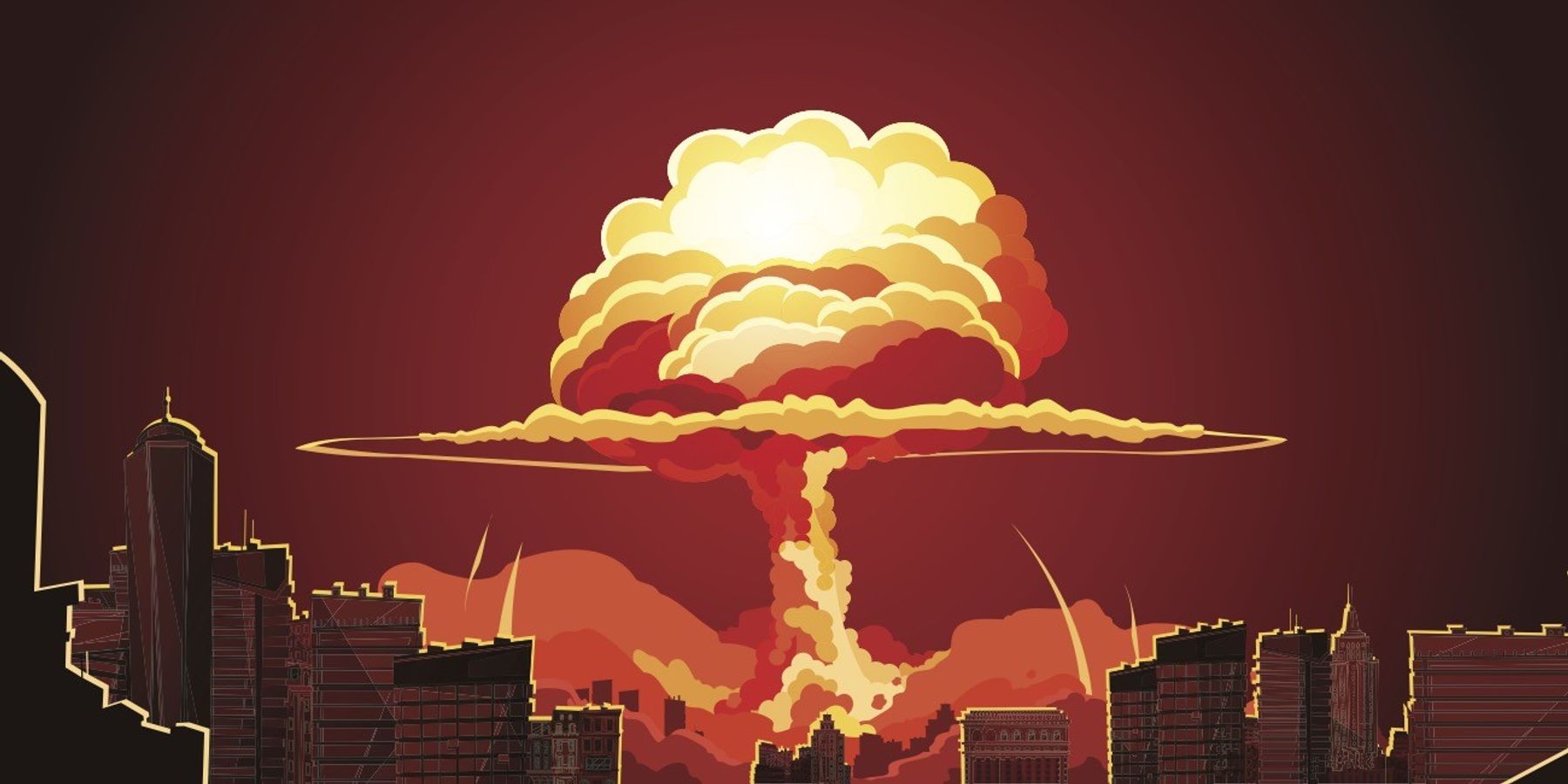At a time when all three major nuclear powers are upgrading their nuclear arsenals, when Russian leader Vladimir Putin has threatened that there are circumstances in which he would consider using such weapons in Ukraine, and when the one remaining U.S.-Russian nuclear arms control agreement is hanging by a thread, the last thing the world needs is an accelerated nuclear arms race.
But someone forgot to tell the Heritage Foundation, which just issued a report that, if implemented, would spark a nuclear competition that would rival the worst days of the Cold War.
The Heritage report summarizes its proposed nuclear buildup as follows:
“These expansions will include a larger ballistic missile submarine (SSBN) force, additional warheads on America’s ground-based strategic deterrent, and a modest road-mobile variant of the ground-based strategic deterrent. In the immediate term, the United States will upload non-strategic nuclear warheads from the ready reserve stockpile to existing theater capabilities.”
Beyond its jargon-laced call for more nuclear weapons, the Heritage report makes the jaw dropping claim that its proposal to expand most elements of the U.S. nuclear force is just a “modest” increase. Indeed, the document suggests that its proposal to deploy more nuclear weapons of more types on land and sea should be the first step towards an even larger buildup that will have to wait until there are enough new nuclear production facilities available.
Nukes without end, anyone?
The stated rationale for this dangerous buildup is that the nuclear landscape has changed dramatically in recent years, most notably due to the possibility of facing not one but two nuclear rivals with comparable arsenals — Russia, and now China. But it’s not obvious that an unrestrained buildup is the best way to address this challenge, should it actually materialize.
The Heritage report asserts that its proposals are meant to prevent rather than spark a nuclear conflict. But it doubles down on the current nuclear “triad” of land, air, and sea-based nuclear weapons — a destabilizing posture that makes a nuclear conflict more likely.
In particular, as experts from former defense secretary William Perry to the late Daniel Ellsberg have pointed out, keeping the land-based element of the triad — intercontinental ballistic missiles (ICBMs) — increases nuclear risks. That’s because possessing land-based missiles means that a president would have to decide whether to launch them in a matter of minutes upon warning of an attack, thereby increasing the possibility of an accidental nuclear war triggered by a false alarm.
Instead of proposing to eliminate ICBMs, the Heritage report suggests making them mobile, an idea that was proposed by the Reagan administration in the 1980s and referred to as the “MX missile” — later, and apparently without irony, called the “Peacekeeper.”
The idea of mobile basing was ultimately abandoned due to a combination of technical challenges and opposition by ranchers and other residents of Western states where the MX was to be located. Going to the expense and political turmoil that a revival of an MX-style system would entail makes no sense given that land-based missiles serve no useful defensive purpose.
Suggesting that the United States pursue a scheme that is as unworkable now as it was 40 years ago clearly demonstrates that the Heritage report is mired in the past, even as it claims to be putting forward a future-focused plan.
Producing more nuclear weapons on the U.S. side will not convince China to rein in its nuclear expansion. More likely it will convince Beijing to build even more nuclear weapons of its own. The net result will be an escalating arms race that will leave both sides more vulnerable. A non-military approach is desperately needed. Unfortunately, Washington has rebuffed Beijing’s proposal to adopt a mutual commitment to forswear using nuclear weapons first in a conflict, refusing to even discuss it.
A better way forward, proposed in a new issue brief representing the joint views of the Institute for Policy Studies, Justice is Global, and the Quincy Institute, would be to start serious arms control discussions between the U.S. and China in the context of other efforts to reduce tensions in their relationship. Even if talks don’t yield immediate results, they could set the stage for an agreement down the road.
The Heritage report underscores how far the U.S. has regressed since the days when Ronald Reagan embraced the idea of sharp reductions in nuclear arsenals and George Bush the elder ordered tactical nuclear weapons to be removed from U.S. surface ships — not as a favor to our adversaries but because it made America and the world a safer place.
Rather than re-run a Cold War-style nuclear arms competition, Washington should be seeking ways to reduce tensions with its biggest rivals. The policies proposed by the Heritage Foundation would almost certainly do the opposite.
















